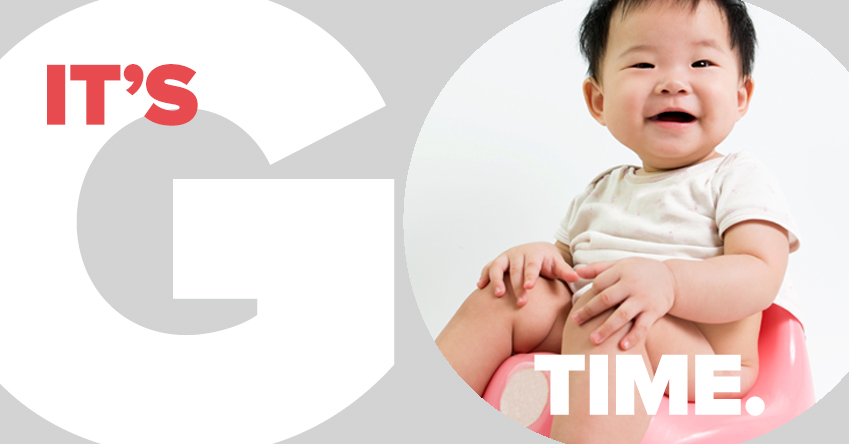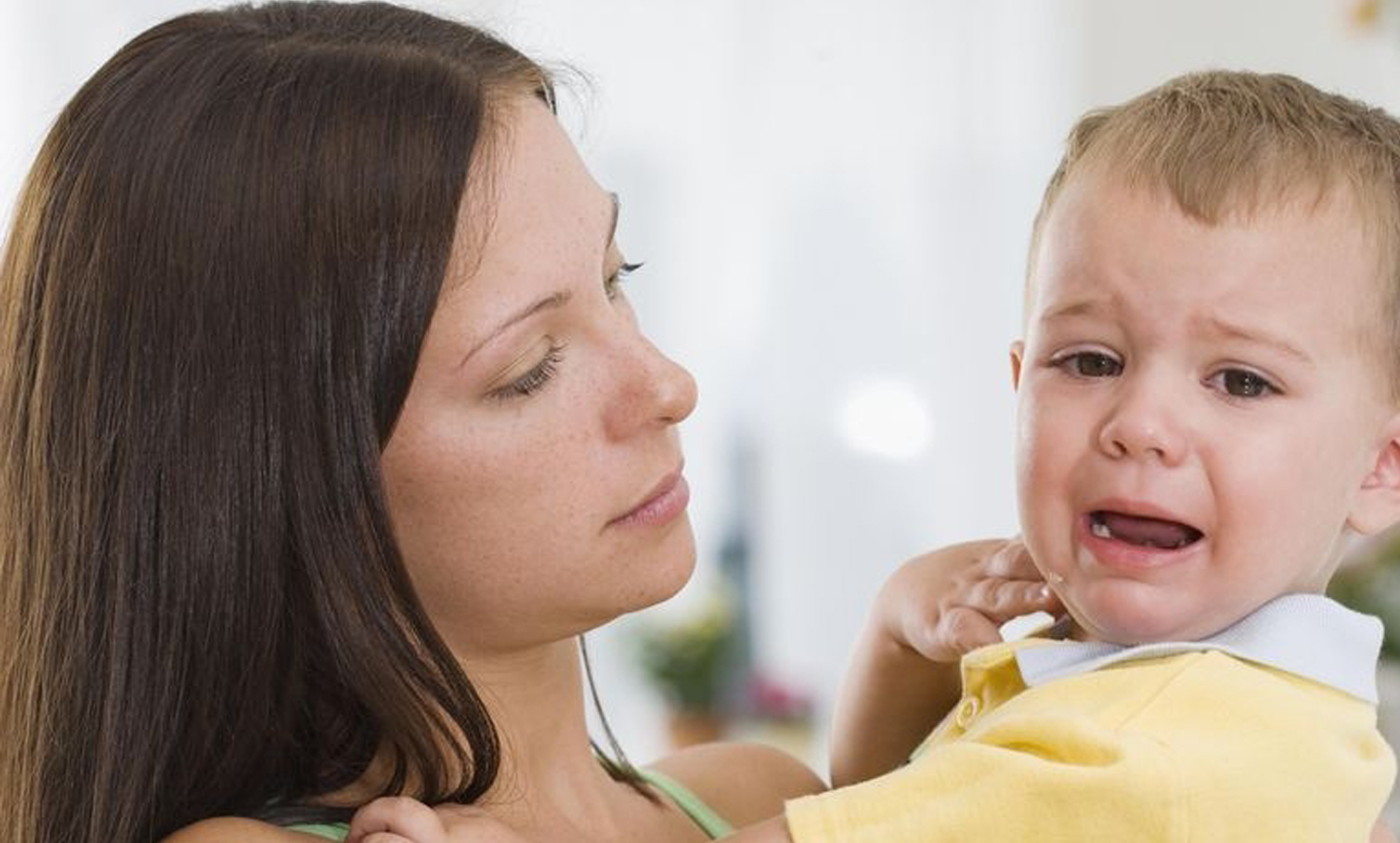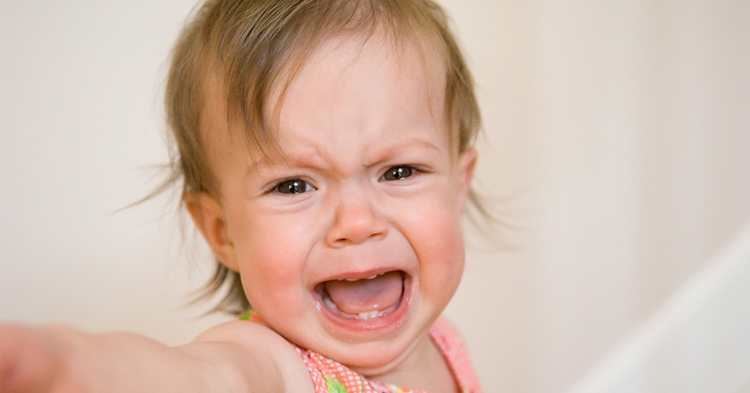Before you know it, your baby will become a toddler. The toddler stage starts around age 1, and at this time your child’s brain is still developing very quickly. Toddlers are eager to use all of their new abilities and explore everything they can. All the time you spend with your toddler helps them learn.

Ages and Stages
Differences in development
Toddlers are learning many new skills, and every toddler develops and learns at their own pace. Try not to worry if your toddler gains some skills more slowly than other children you know. But if you think there may be a problem, or if your child loses skills they once had, talk to their doctor or contact AzEIP.
Walking
Between ages 1 and 2, most babies become experts at walking. Many start walking around their first birthday, and before they turn 2 they can walk confidently without help. At 2 years babies can also climb on furniture and stairs. You will need to baby-proof your home before your baby can do these things. See the Home Safety Checklist for a list of ways to make your home safe for your baby.
Talking
Between ages 1 and 2, your toddler’s stream of babbled sounds starts to become real words. Your toddler now starts to connect words to their meanings, and starts using them to communicate. This will probably start with “mama” or “dada.” Your toddler understands many more words than they can say. Keep helping them learn more words by talking to them.
Reading books together and having back-and-forth conversations helps with learning to talk and read, even before your child can use words.
Helping Your Toddler’s Brain Develop
- Talk, read or sing to your child whenever you are together.
- Ask questions, like “Where’s the ball?” or “What do you see?” Encourage your child to answer in words.
- Have back-and-forth conversations with your child.
- Read to your child every day. Read favorite books again and again.
- Give names to everyday objects like toys, clothes and animals.
- Help your child use words to say how they feel.

What to Expect from “The Twos”
Your toddler will sometimes want to get away from you, and at other times will want to be close and be reassured by you. This is normal. As toddlers explore their world and learn to do more, they are also having new feelings. But understanding, expressing and handling feelings doesn’t happen as naturally as learning to walk or climb. You can help your toddler feel secure and learn how to handle their strong feelings.
Toddlers often feel frustrated—by what they can’t do yet, as well as what you don’t let them do. When they feel frustrated by these limits, tantrums can happen. The good news is that you will be able to handle them. You can help your toddler by asking them about their feelings, gently limiting their behavior and staying calm.
Helping Your Child Learn Social Skills
During play, children explore new feelings, ideas and skills. They create make-believe stories and games. They are learning how to play with each other, how to relate to adults and how to handle their anger and fears. You can help your child learn to get along well with others. You can do this by talking to them about what has happened during their day.
As your child grows, help them find ways to do things with as little help as possible. Allow them to make mistakes and be creative. Help them practice making choices and decisions. These will be important skills as they grow.
Helping Your Child with Their Fears
Young children may be afraid of strangers, or being away from you. They may be afraid of dogs, loud noises or the dark. They may have scary dreams. They are more likely to be afraid when they are feeling unsettled or stressed. This is all normal. Let your child know that everyone is afraid at times, and you will help keep them safe.
Starting to Set Limits
Toddlers don’t really understand why there are rules or why you give warnings. Tell and show your child what you want them to do. Be patient when your toddler makes mistakes, but also be consistent about the rules. Rules and limits should fit your child’s age. Give your toddler choices when you can, and praise and hug them for good behavior.
How Toddlers Play
Toddlers like to find out how things work. They test what happens when you pull, drop and carry things. They also like to play pretend and imitate adult activities. Toddlers need safe and interesting places to climb, like safe outdoor parks. Toddlers want things to take apart and put together. Pots and pans, boxes, blocks and plastic buckets and shovels make good toys for toddlers.
Electronic Devices and Your Toddler
Babies and toddlers should spend very little time with electronic devices, including computers, smart phones, tablets and TV. Babies learn best from real-life play. Video-chatting apps like FaceTime and Skype are OK for short amounts of time, when used with a parent. As your child gets older, it helps to plan how much time they should spend with screens. A plan for “screen time” lets you reserve enough time for meals, bathing, family time and physical activity. Try to limit your own screen time as well. While your child is young, it’s important for you to look at their face and talk to them. You can’t give your child your full attention when you are looking at a screen.

Starting to Use the Toilet
Your toddler will let you know when they are ready to learn about using the toilet. This is often around 2 years old, but it can be a bit earlier or later. Signs that your toddler is ready for toilet training include:
- Fussing or asking to be changed when their diaper is wet or dirty.
- Asking to use the potty or wear “big kid” underwear.
- Being able to walk to the bathroom, follow simple directions and help undress themselves.
Be encouraging about toilet-training. Accidents will happen, but if you are relaxed and positive about the process, your child will be too.
Quality Child Care and Preschool
Choosing a child care or preschool program for your child is a big decision. Quality programs help young children learn and develop important skills — like self-control, focus and getting along with others — that make a big difference in their ability to succeed in school and in life.
Because so many Arizona families need child care, First Things First funds Quality First to help early care and education providers in our state improve the quality of their programs in ways that help young children learn, grow and thrive. More than 1,300 programs in Arizona participate in Quality First. Learn more about quality child care and preschool and find Quality First programs near you.
Head Start, a program for 3-to 5-year-olds, is like preschool. It helps children get ready for kindergarten, and it offers other services that families may need. These include meals, screenings for learning disabilities and health issues, and help with getting health care and dental care.
The First Things First Parent Kit was developed in partnership with Health Research for Action/UC Berkeley. © 2022 The Regents of the University of California. Additional video, graphic and other content © 2022 First Things First. All rights reserved.








